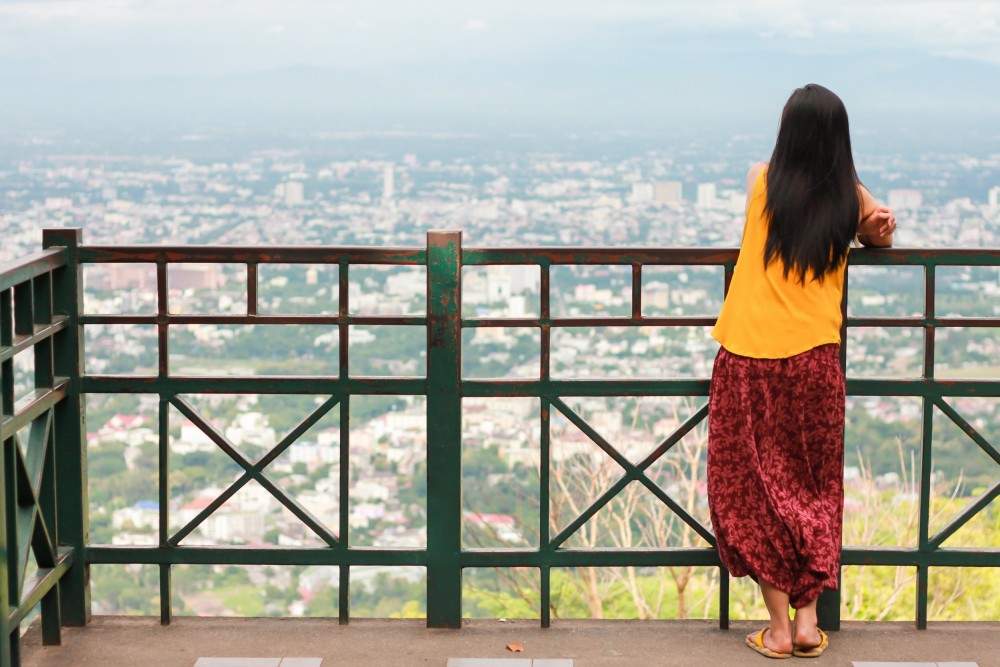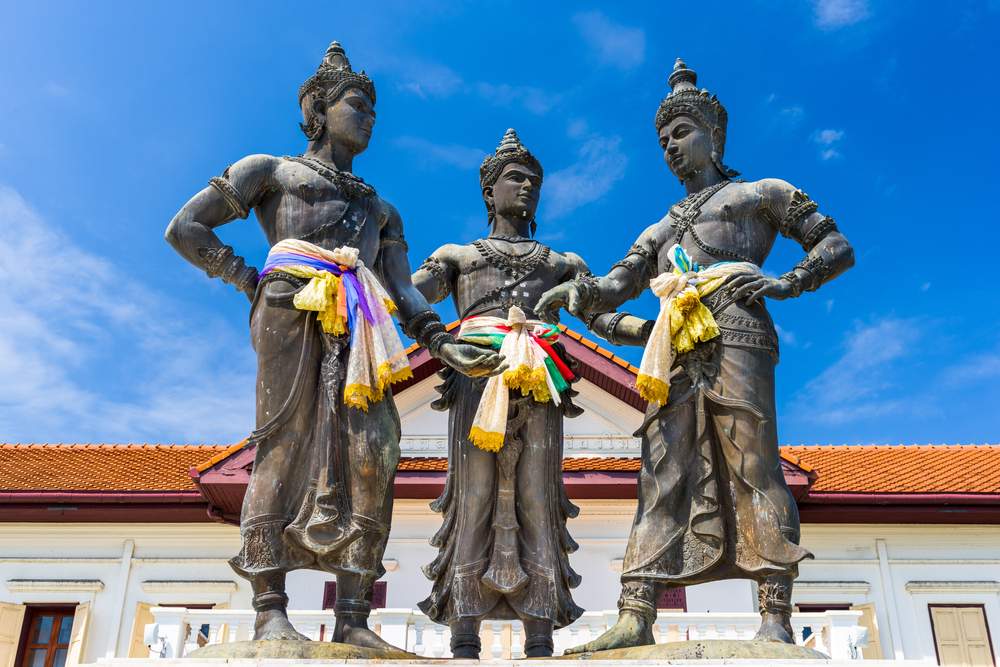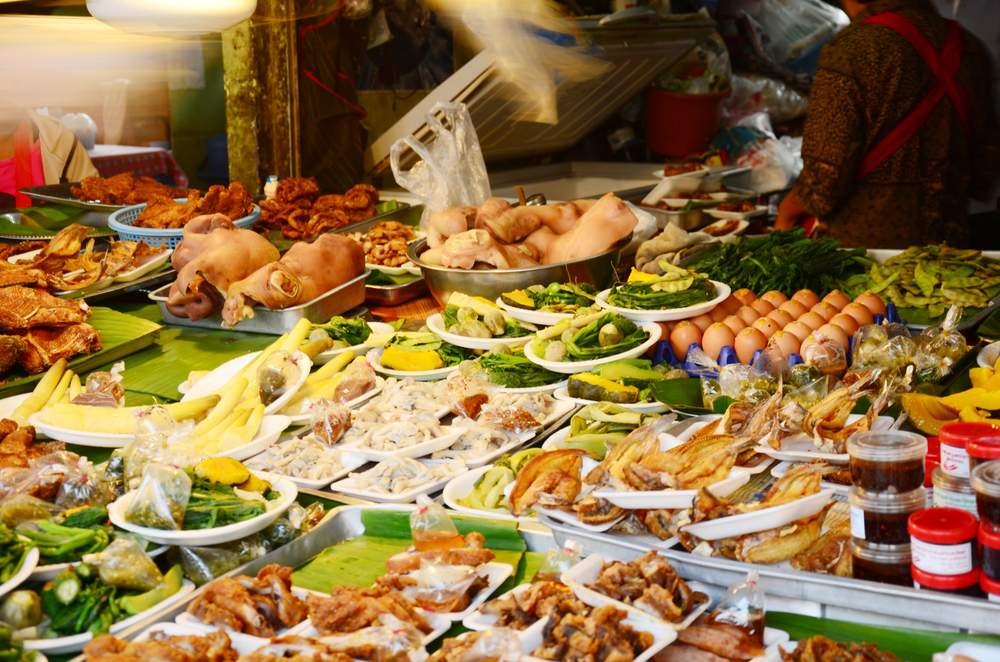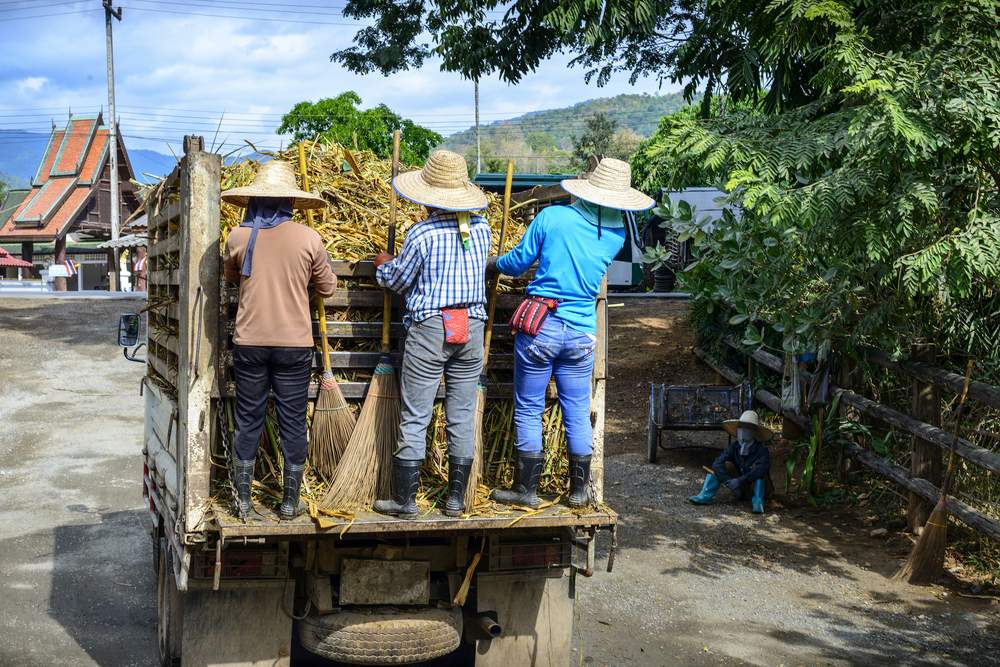Why Chiang Mai?

Beyond the temples and assorted cultural and touristy attractions, there are many shopping malls that are quite popular with Thais. These large, modern destinations are filled with bustling shoppers as well as movie theaters, trendy and foreign chain restaurants, kids’ play areas, billing centers for the numerous telephone/internet/tv companies, and large department stores selling popular brand clothing, toys, and household appliances. Spending a day at the mall is a great way to beat the heat or stay dry on rainy days.
Finding Accomodation

Smaller condos and townhouses can cost anywhere from 3,000 to 20,000 Thai Baht while 2-4 bedroom houses run 10,000 to 30,000 Baht. If you’re looking for a pool, finding ‘moo baans’ or neighborhoods that have local pools isn’t hard. Call a real estate agent or check Chiang Mai House for an easy way to narrow your search down to the area desired, at a reasonable price, with the amenities you want.
Having pets in a rental is much easier to negotiate in Thailand than in the west (in Los Angeles you sometimes have to pay nearly $100 extra in rent per month for each animal!). Ask the owner and they’ll probably say no problem, especially if you rent long term. Expect to put down 2 months rent for deposit most places, but that too is negotiable. When in doubt, ask, but make sure to bargain within reason, otherwise it’ll be looked at as an insult and you’ll get nowhere, fast. Smile! Thailand‘s a happy place!
Finding Work

Regardless of what type of work you find, you’ll need to have a work permit in order to start your career in Thailand. It’s important to note that if you entered Thailand as a tourist, you may also be asked to help pay for the work visa since you’ll have to exit the country to switch to the correct visa.
Shopping

The other 2 shopping malls (Central Airport Plaza Mall and Kad Suan Kaew) house Tops Market. These chains offer the biggest selection of popular western brands of pasta, cereals, snacks and beverages, as well as canned goods, dry and baking goods, condiments, etc. If you need a treat or a small taste of home, more than likely you’ll find it at one of these stores.
The 5 big shopping malls mentioned above also host telecommunications businesses TRUE, AIS and 3BB. Head to these stores to get connected at home or on-the-go. Buy a cheap SIM card with reasonable pay-as-you-go rates. You can top up your minutes at any of their stores and 7-11! Need to pay your electric bill in a hurry? Head to the ground floor at Central Airport Plaza Mall and you’ll find a Provincial Electricity Authority or PEA office near the covered parking lot!
There are numerous wet markets throughout Chiang Mai. Where we live, in Hang Dong, we have at least five. Every Monday and Wednesday there’s a bustling market that takes over the Kad Farang parking lots. It’s full of food stalls and practically everything imaginable: Thai fruits and vegetables, Thai iced tea and sweet drinks; fried snacks and delicacies; sausages and chicken cooked every way possible; curries and soups; fried noodles and rice; grilled salted fish (a favorite); and ice-cream galore. Stalls selling sushi, pizza, and cheesy offerings have also become quite popular recently.
Transportation

In Hang Dong, the popular Lowt Luan (yellow truck) runs from North Chiang Mai University all the way to the city center for just 30 baht. It passes Tesco, Big C and the Central Airport Plaza Mall on the way, so it’s a quick, cheap ride to main shopping areas –no need for a taxi. Red Trucks (Lowt Deng) are like taxis. They take you where you want to go, but at a higher price than the other truck-buses. They’re popular in the city center and not too expensive, but the truck will stop to pick up other passengers and may not go outside the city square. Always talk to the driver about your destination before jumping in and inquire about the price beforehand with a polite – “Tao Rai Kap/Ka?” (Ka for woman, Kap for man).
Metered taxis are available but most will quote a price before taking you to a destination and not use the meter. Arriving at the airport is a perfect example of this. The cars say ‘meter taxi’ but you’re required to pay the amount quoted. I think we’ve yet to take a real meter taxi in Chiang Mai. Cars and motorbikes are available for rent or purchase. I don’t recommend riding motorbikes due to the plethora of horror stories I’ve heard about foreigners’ experiences, but almost every block has a hotel or a rental place advertising bikes for 150-300 baht a day.
What you pay for a car rental depends on how long you rent and the time of the year. Average daily rentals range between 800-1200 baht for compact cars but if you spring for monthly or a one-time payment for multiple months, the daily amount can be reduced to 400-600 baht. If you are staying during the holiday or ‘high season’, prices can increase by 50% or more. This is usually from the beginning of November (Loy Krathong festival) through Chinese New Year in the beginning of February. Prices go up again during the week of Songkran in April. When in doubt, negotiate, (with a smile on your face!), and you’ll find a reasonable price.
Overall, moving to Chiang Mai has been an amazing experience. With the many family-friendly activities and restaurants, and the welcoming community, we’ve found ample things for our homeschooler to do. And if you choose to call Chiang Mai home, I’m sure you too will find the culture and community you’ve been looking for.
Have you been to Chiang Mai? Share your story below.
- Visiting Thailand – Indie Style
- The Thailand of Your Dreams
- Finding My Voice as a Teacher in Thailand
- When Elephants Attack – Khao Yai National Park, Thailand
Image Credit: Shutterstock.com, amnat/ Shutterstock.com, Ekaphon maneechot/ Shutterstock.com, small1/Shutterstock.com, alongkot.s/ Shutterstock.com,Anirut Thailand/ Shutterstock.com, Sean Pavone/ Shutterstock.com, aphotostory